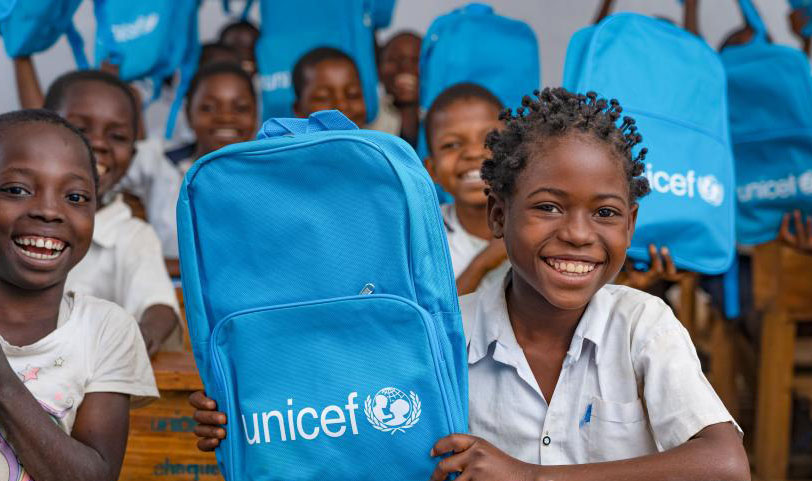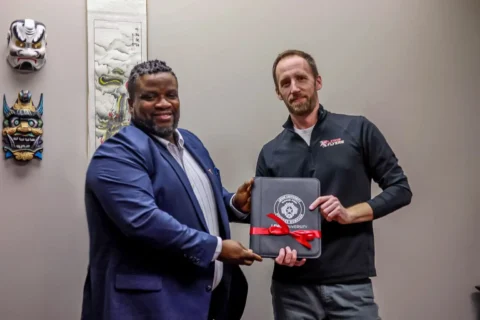In a bid to strengthen literacy and numeracy among school-aged children, the United Nations Children’s Fund (UNICEF), in partnership with TAAL Africa and with funding support from the European Union, has commenced an intensive teacher training initiative targeting educators across Sokoto and Zamfara states.
The initiative is centered around the Teaching at the Appropriate Level (TAAL) approach—an evidence-based, cost-effective educational model designed to improve basic reading and mathematics skills among learners.
Speaking during the launch of the programme, Michael Juma, Chief of Field Office for UNICEF in Sokoto, highlighted the importance of the initiative. “We are conducting a 10-day intensive training programme involving approximately 20 Local Government Area (LGA) mentors and 392 head teachers from both Sokoto and Zamfara States,” he said. “In addition, training sessions have been scheduled for 90 non-formal education teachers and 1,568 primary school teachers in Zamfara.”
Juma noted that early outcomes from the programme have been encouraging, with noticeable improvements in pupils’ academic engagement and performance. “TAAL has significantly boosted children’s confidence, motivation, and classroom participation. Many now demonstrate enhanced comprehension in reading and basic arithmetic,” he stated.
A key component of the TAAL method is grouping children by learning ability rather than age or grade level, allowing educators to tailor instruction based on students’ actual proficiency. This strategy, Juma explained, is helping pupils master foundational concepts more effectively.
“This initiative goes beyond teacher training—it’s about creating a learning environment that meets children at their current level and helps them grow,” he added. The programme is being executed through TAAL Africa under the supervision of UNICEF’s Sokoto Field Office and aims to establish a sustainable support system through the continuous mentorship of head teachers and LGA facilitators.
Several participants expressed appreciation for the training. Hajia Sekina Abubakar, a head teacher from Isa Local Government Area, praised the initiative as timely and impactful. “This training will help teachers better connect with pupils and encourage greater school enrollment,” she said. “I particularly appreciate the approach where teachers and students sit together on the floor—it creates a sense of equality and inclusiveness.”
Yusuf Shehu, a teacher from Wambai Primary School in Kebbe Local Government Area, echoed similar sentiments, describing the training as a critical step in bridging educational gaps at the primary level. He pledged to share the knowledge gained with his colleagues to ensure wider adoption of the new teaching strategies.
As the programme continues, education stakeholders remain optimistic that the TAAL approach will serve as a replicable model for improving foundational learning outcomes across northern Nigeria.





